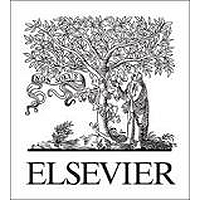Recurrent tuberculosis (TB) is caused by an endogenous re-activation of the same strain of Mycobacterium tuberculosis (relapse) or exogenous infection with a new strain (re-infection). Recurrence of TB in Finland was analysed in a population-based, 19-year study, and genotyping was used to define relapse and re-infection. The M.tuberculosis isolates from patients with suspected relapse were further analysed by whole genome sequencing (WGS) to determine the number and type of mutations occurring in the bacterial genome between the first and second disease episodes. In addition, publicly available tools (PhyResSE and SpolPred) were used to predict drug resistance and spoligotype profile from the WGS data. Of the 8299 notified TB cases, 48 (0.6%) patients had episodes classified as recurrent. Forty-two patients had more than one culture-confirmed TB episode, and isolates from two episodes in 21 patients were available for genotyping. In 18 patients, the M.tuberculosis isolates obtained from the first and second TB episodes had identical spoligotypes. The WGS analysis of the 36 M.tuberculosis isolates from the 18 suspected relapse patients (average time between isolates 2.8years) revealed 0 to 38 single nucleotide polymorphisms (median 1, mean 3.78) between the first and second isolate. There seemed to be no direct relation between the number of years between the two isolates, or treatment outcome, and the number of single nucleotide polymorphisms. The results suggest that the mutation rate may depend on multiple host-, strain- and treatment-related factors.

Whole genome analysis of Mycobacterium tuberculosis isolates from recurrent episodes of tuberculosis, Finland, 1995-2013
Review badges
0 pre-pub reviews
0 post-pub reviews